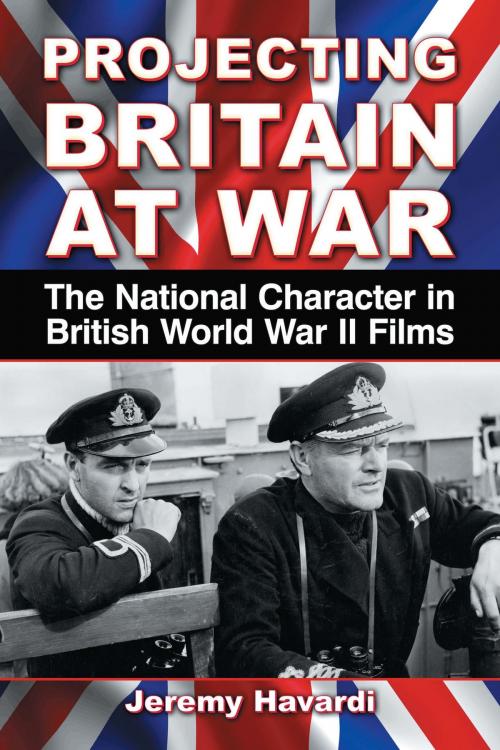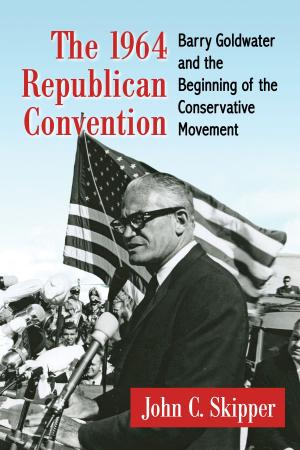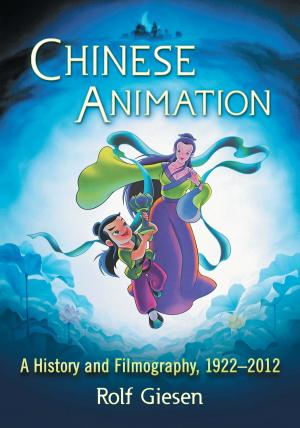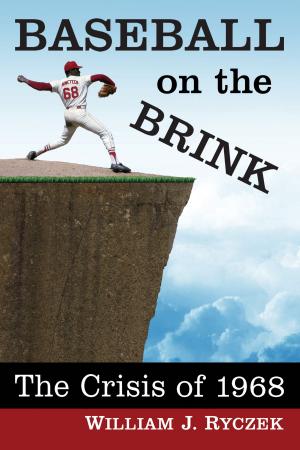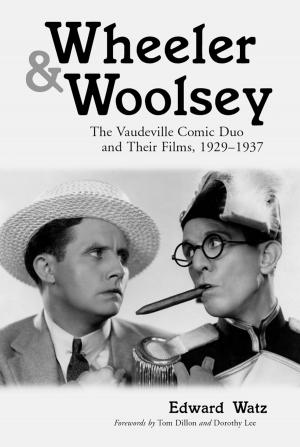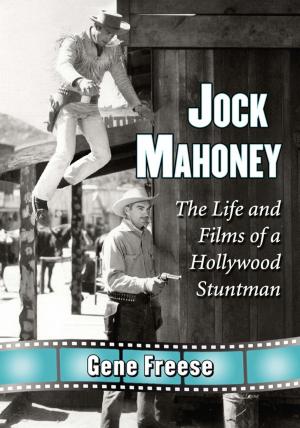Projecting Britain at War
The National Character in British World War II Films
Nonfiction, Entertainment, Film, History & Criticism, Performing Arts, History, Military, World War II| Author: | Jeremy Havardi | ISBN: | 9781476604398 |
| Publisher: | McFarland & Company, Inc., Publishers | Publication: | February 28, 2014 |
| Imprint: | Language: | English |
| Author: | Jeremy Havardi |
| ISBN: | 9781476604398 |
| Publisher: | McFarland & Company, Inc., Publishers |
| Publication: | February 28, 2014 |
| Imprint: | |
| Language: | English |
This detailed chronological analysis of British World War II movies from 1939 until the present explores how films projected recognizable stereotypes of British national character and how the times in which a film was made shaped its perspectives. Several chapters look at films made during and immediately after the war. In depictions of the Home Front, characters display resolve as well as emotional restraint and present an image of an undivided society cooperating to fight evil. By contrast, duty and service are the paramount virtues of combat films while spy melodramas exemplify the British love of improvisation. Fifties war films are examined against the backdrop of alarm and uncertainty caused by the Cold War. Such films reflect traditional national character stereotypes, though the stiff upper lip begins to be questioned by the end of the decade. The book then traces the radical effect of the 1960s revolution, revealing how the fondness for skeptical antiwar movies went hand in hand with the questioning of Britain’s place in the world. The book ends by looking at recent war films and asks whether these reflect the cult of narcissism so prevalent in modern Britain.
This detailed chronological analysis of British World War II movies from 1939 until the present explores how films projected recognizable stereotypes of British national character and how the times in which a film was made shaped its perspectives. Several chapters look at films made during and immediately after the war. In depictions of the Home Front, characters display resolve as well as emotional restraint and present an image of an undivided society cooperating to fight evil. By contrast, duty and service are the paramount virtues of combat films while spy melodramas exemplify the British love of improvisation. Fifties war films are examined against the backdrop of alarm and uncertainty caused by the Cold War. Such films reflect traditional national character stereotypes, though the stiff upper lip begins to be questioned by the end of the decade. The book then traces the radical effect of the 1960s revolution, revealing how the fondness for skeptical antiwar movies went hand in hand with the questioning of Britain’s place in the world. The book ends by looking at recent war films and asks whether these reflect the cult of narcissism so prevalent in modern Britain.
